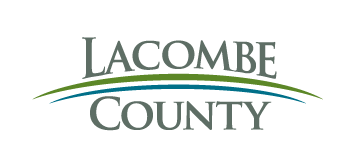Ground Squirrels - locally referred to as gophers - are found throughout Lacombe County and play an important ecological role as a food source for many predators. But when gopher populations grow too fast, they can pose a significant economic threat to agriculture as well as negatively impact natural ecosystems.
For this reason, Lacombe County recommends an integrated pest management approach to maintaining gopher populations below threshold limits. A combination of population monitoring, cultural controls, as well as lethal control measures can help agricultural producers in reducing population numbers. For more information on the biology and control of Richardson Ground Squirrels check out this informational factsheet from Alberta Agriculture & Irrigation
Some other options to aid farmers in the control of gophers are:
- Raptor platforms, nesting boxes, and perches to encourage natural predation
- Reduce preferred habitat by maintaining healthy pastures and use of rotational grazing
- Rozol, for the control of Ground Squirrels and Pocket Gophers in rangelands, crop, and non-crop areas.
- Rocon, is a poison-free rodenticide registered by Health Canada's Pest Management Regulatory Agency for the control of rodents.
Lacombe County has permanently ended its strychnine retail program.
Contact Community Services for more information. Understanding the life cycles of these animals will assist in managing them.



